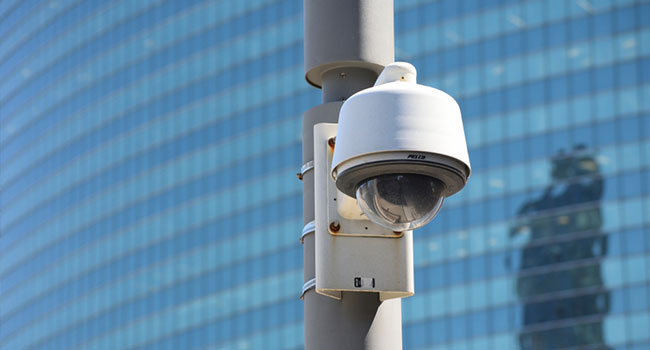
Security Industry, Police Groups Urge Congress Not to Ban Facial Recognition Technology
A coalition sent a letter to Congress asking members to consider alternatives to banning facial recognition, including the development of best practices and additional training.
- By Haley Samsel
- Oct 01, 2019
As the fight over the use of facial recognition by police and security companies heats up, a group of 39 law enforcement groups and tech companies are urging Congress to consider regulating the technology rather than banning it outright.
In an open letter to members of Congress released on Thursday, the coalition of industry groups, nonprofits and companies defended facial recognition as a useful tool to protect communities. The letter acknowledges growing calls for lawmakers to pass bans that would keep police and other groups from using the software, which academic researchers have found to be less accurate in identifying people of color and women.
Several cities, including San Francisco and Oakland, have already passed law enforcement bans, and members of Congress have introduced a bill that would ban the tech from federally-funded public housing. Most recently, the California state legislature voted to ban facial recognition from police body cameras, though it could potentially be used on other cameras.
Read More: Lawmakers Seek to Ban Biometric Recognition Technology in Public Housing
The signees of the letter, which include companies HID Global and IRIS ID Systems as well as the Security Industry Association (SIA), say these actions are a mistake.
“While we agree that it is important to have effective oversight and accountability of these tools to uphold and protect civil liberties, we disagree that a ban is the best option to move forward,” the letter reads. “Bans would keep this important tool out of the hands of law enforcement officers, making it harder for them to do their jobs efficiently, stay safe, and protect our communities.”
The letter suggests that members of Congress consider other “viable alternatives” to bans, including the expansion of testing and performance standards, the development of best practices for law enforcement, and additional training for different uses of the technology. In addition, the coalition pointed to a study from the Pew Research Center that found a majority of Americans trust law enforcement to use facial recognition responsibly.
Companies involved in developing facial recognition have been open to regulation in the past. Just last week, Amazon CEO Jeff Bezos said that his company has been working on its own regulations to pitch to lawmakers.
Amazon’s own facial recognition product, Rekognition, has been the subject of controversy in the past, with the Orlando police department dropping its partnership with Amazon after the technology failed to work. (The retail giant was not part of the Thursday letter).
“The companies that stand to profit from the sale of facial recognition should not be writing the laws that govern it,” said Evan Greer, deputy director of digital rights group Fight for the Future, told The Seattle Times following the release of the letter. “And we should be skeptical of claims from law enforcement agencies that have a long track record of abusing their existing surveillance tools to target marginalized people and crack down on dissent.”
The coalition said that there are many individuals from law enforcement, academia, civil society and the security industry ready to work on regulations and determine the right path for the development of facial recognition.
“We encourage you to continue to work with these experts to find solutions and compromises that will allow law enforcement agencies to adopt and test this important technology with appropriate oversight,” the letter reads.